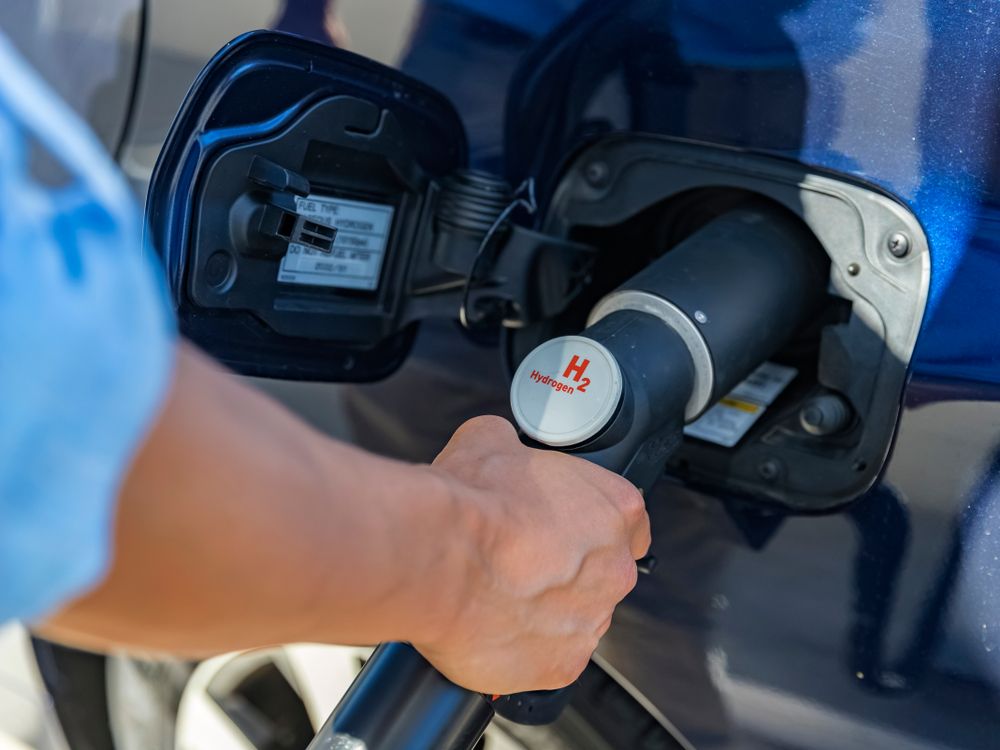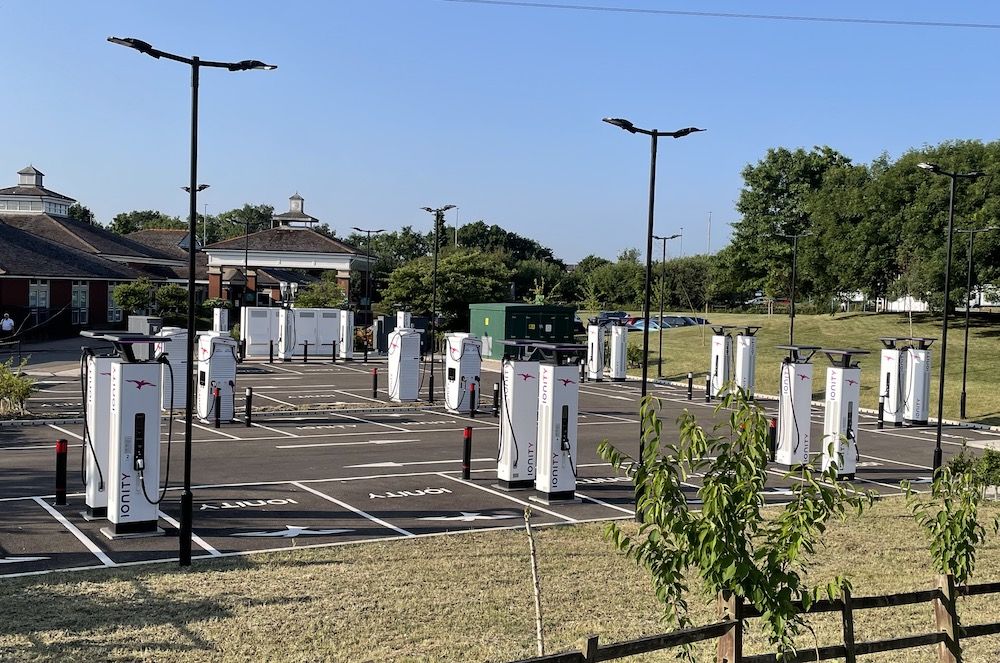A new report by the UK Hydrogen and Fuel Cell Association (UK HFCA), highlights the role that fuel cell technology can play in delivering the UK Government’s clean growth ambitions.
Labelling them a “forgotten force”, the paper details how fuel cells can help deliver the Prime Minister’s 10-point plan for a green industrial revolution and outlines the opportunity that exists for the UK to lead the world in the development of fuel cell technology.
Incredibly, fuel cells have a role to play in meeting every single one of the 10 priorities set out by Boris Johnson last year. Reinforcing this, the publication follows a recent report from the House of Lords Science and Technology Committee which stated that fuel cells will play “an integral part in the proposed hydrogen economy” but currently they “receive less attention than they deserve”.
Because of the strategic importance of fuel cells, the paper calls on a more coherent plan to be put in place to return the UK to being a world leader for this critical technology.
Fuel cells are solid-state electrochemical power conversion devices that directly convert the chemical energy of a fuel into electrical energy in a constant temperature process.
They can run on a variety of fuels including hydrogen. Hydrogen fuel cells generate electricity at high efficiency and produce no emissions or waste, except water. They offer a decarbonisation solution for heavy transport, heating and power generation.
Fuel cells are being increasingly recognised as one of the best methods to decarbonise a range of hard-to-decarbonise modes of transport. The paper details how fuel cell powered buses, HGVs and trains could become the most competitive low carbon option by 2030 and, for maritime vessels operating shorter distances, the use of electric propulsion combined with fuel cells could rapidly become cost competitive thanks to the rapid decrease in the price of renewable power and fuel cells.
Fuel cells can also provide electricity and heating for buildings and urban districts through combined heat and power fuel cells, providing independence from grid for energy-hungry data centres and similar where this is needed.
The report states that the UK fuel cell industry could employ 136,000 people by 2035 and take a valuable share of the identified £9.7bn global fuel cells market by 2026, if the correct conditions are created.
While the UK has historically led the way in the development of fuel cell technology, technological success did not stimulate immediate commercialisation of fuel cells.
The UK HFCA is warning that the UK risks being overtaken internationally by countries throughout Europe and Asia, in the development and use of fuel cells. As such the UK HFCA says that fuel cells are an “overlooked” technology in the UK energy mix.
In order to seize the opportunity that exists for a world leading fuel cell industry in the UK, the UK HFCA is calling for a number of policies to be implemented by the UK Government.
Commenting on the report, Celia Greaves, CEO of the UK Hydrogen and Fuel Cell Association, said: “Our latest report on fuel cell technology shows the key role that it can play in helping the Government achieving their clean growth goals. Fuel cells provide can provide a decarbonisation solution across the whole economy and have a multitude of uses from transport, to heating and supporting a decentralised power supply.
“However, it is clear that despite the UK’s historic track record of leadership in the fuel cell space, we are in danger of lagging behind other nations when it comes to the development and application of fuel cell technology. If we are to create a leading UK industry that stretches from R&D and production to commercialisation around the world, then further Government support is needed. That should be catalysed around a challenge fund bringing industry and academia together, the phasing out of non-zero carbon HGVs, as well as incentives that promote the domestic use and production of fuel cells.”
The report titled: The forgotten force in the fight against climate change: The case for fuel cell technology is available here.














